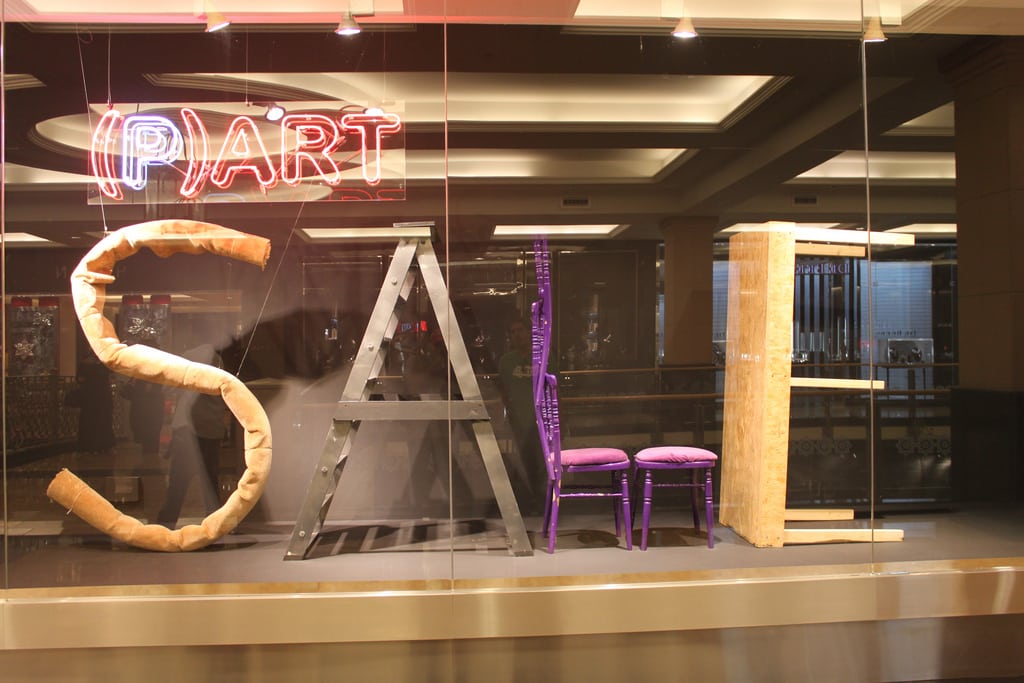Trend alert: Shopping tourism to drive growth as east invades west's shopping malls

Skift Take
The key to shopping tourism is making spending as easy as possible for incoming tourists by breaking down cost and cultural barriers and creating an entire experience centered around stores.
Shopping is a major theme throughout global tourism, reports the World Travel Market Global Trend Report. The integration of malls and hotels in the Middle East, Mandarin-speaking sales associates at Harrods in London, and shopping fairs in Gulf countries are all evidence that shopping is big business for countries looking to increase inbound tourism.
Shopping and retail tourism has emerged as a strong sector in the Middle East where tourism is expected to grow until the end of the year and into 2013. There are ten major malls under construction in the Middle East to be completed by
